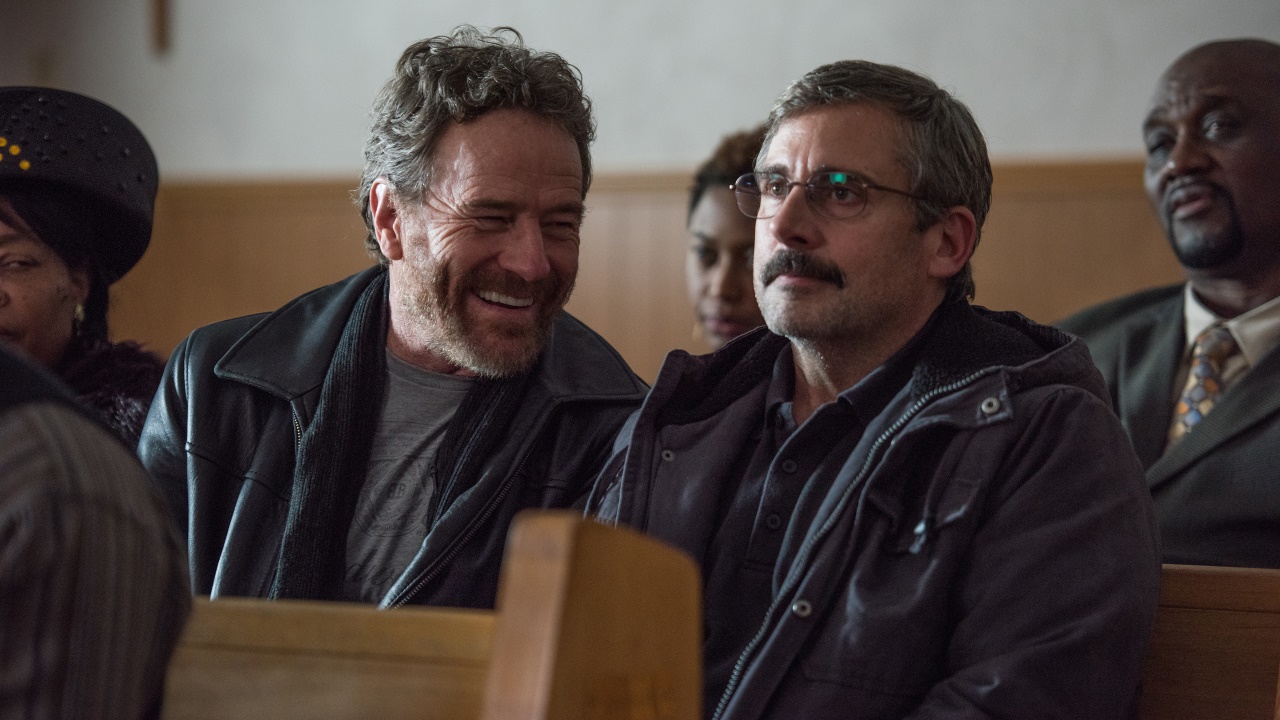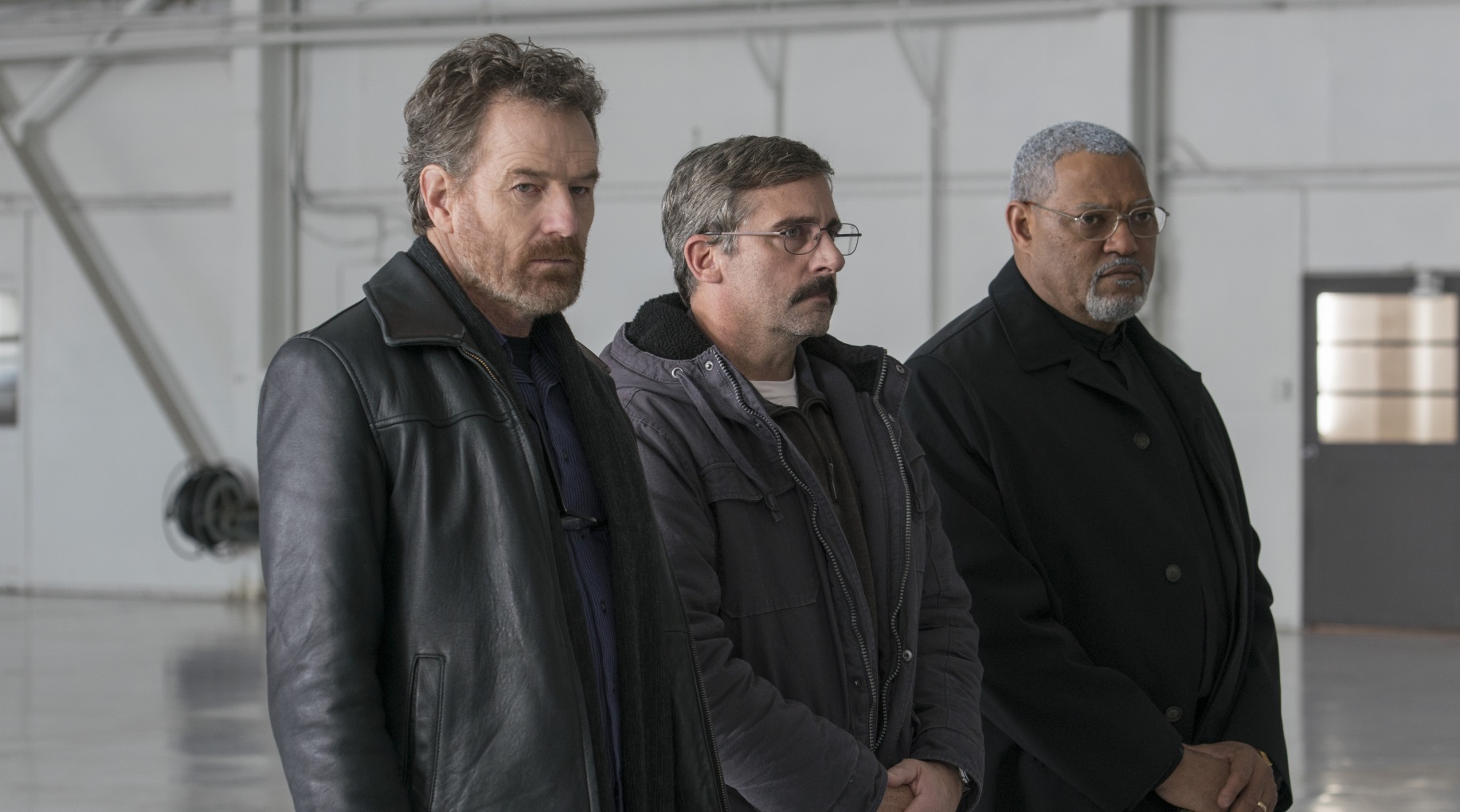GamesRadar+ Verdict
A salty road trip tinged with sadness, sensitively handled by Linklater and his cast. Unfocused in places, but never less than diverting.
Why you can trust GamesRadar+
After chronicling childhood and early adolescence in Boyhood and the college years in Everybody Wants Some!!, Richard Linklater turns his attention to those heading past middle age. Last Flag Flying isn’t only about such matters: it’s also a study of friendship, regrets and grief, not to mention a staunch look at the casualties of war.
In essence, it’s a sequel-of-sorts to The Last Detail, Hal Ashby’s 1973 sweary classic with Jack Nicholson, Otis Young and Randy Quaid as three military men on a road trip. That film was based on a book by Darryl Ponicsan – who here self-adapts (co-credited with Linklater) his 2005 follow-up novel.
Some character names and plot details have changed, perhaps to distance Last Flag Flying from the burden of being a direct continuation of Ashby’s movie. But like Last Detail, it’s a low-key, freewheeling story, centred on a trio of Vietnam vets who reunite after years apart to hit tarmac and tracks for a nostalgia-fuelled odyssey.

Set in 2003, it begins in a Virginia bar, owned by former Marine Sal Nealon (Bryan Cranston). In walks ex-Navy man Larry ‘Doc’ Shepherd (Steve Carell), whom Sal hasn’t seen for 30 years. Without explaining why, Larry convinces him to find ‘Mueller the Mauler’, now preaching at a Baptist church as Reverend Richard (Laurence Fishburne).
Doc, it turns out, is in need of moral support; not only has he recently lost his wife to cancer, but his 21-year-old son – also a Marine – has been killed in Baghdad. On the verge of a breakdown, he asks Sal and Richard to accompany him to the funeral at Arlington National Cemetery, and the trio set off.
Re-tooling Nicholson’s character, Sal is the boozy reprobate of the group, who delights in needling the now-pious Reverend Richard. The dynamic between Cranston and Fishburne is one of the delights of the film, which takes a sombre turn when they discover more details about the circumstances of Larry’s son’s death.
Drawing parallels with Vietnam and Iraq, Last Flag Flying ambles along, unfolding in that very organic, unforced Linklater manner. It’s not always successful (contrivances and detours blight the plot at points), but there are real moments to savour, largely thanks to the three central performances.
Linklater is hardly the sort of director to deliver a hard-hitting, tub-thumping anti-war film. Instead, there’s a quiet dignity here as he questions the pointlessness of wartime conflict. Last Flag Flying is best approached as a character study – one that offers a potent, poignant meditation on loss.
James Mottram is a freelance film journalist, author of books that dive deep into films like Die Hard and Tenet, and a regular guest on the Total Film podcast. You'll find his writings on GamesRadar+ and Total Film, and in newspapers and magazines from across the world like The Times, The Independent, The i, Metro, The National, Marie Claire, and MindFood.



